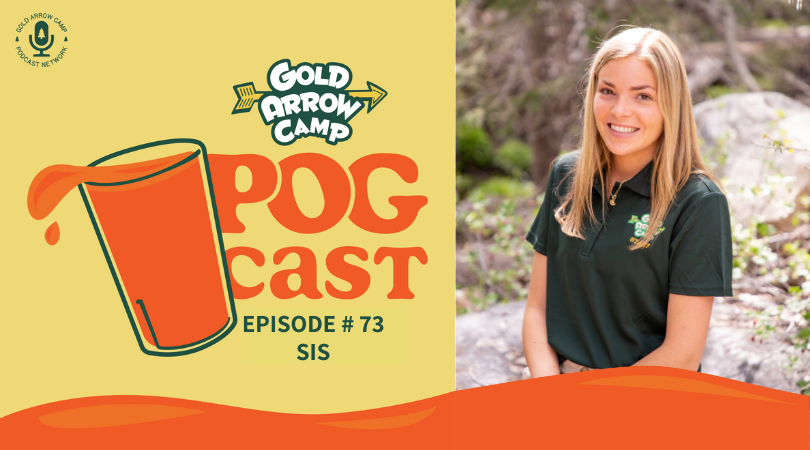
Episode 74 – Gem
Today on the show we’re talking with Gem, who has put together a great list of 5 camp -inspired small changes you can make in your family life that will improve your mental and physical health. She’s written a blog about this same topic. As we talk about in the show, there is research supporting the process of making these changes from the Gottman Institute. If you want more information on picking a theme for the year, this post has more information from Sunshine Parenting. Finally, you don’t have to take our word for it, the Greater Good Institute at Cal has this research on the impact getting outside has on your happiness.
Podcast: Play in new window | Download


